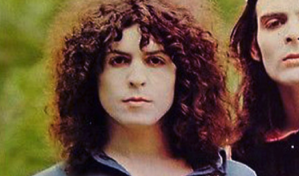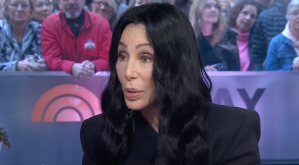Bobby Brown recently spoke out about the deaths of his ex-wife and daughter, Whitney Houston and Bobbi Kristina, and revealed who he thinks is responsible for both tragedies. During an appearance on Red Table Talk, Brown told Jada Pinkett Smith that he firmly believes Bobbi’s boyfriend Nick Gordon was the one who supplied them both with the drugs that led to their deaths. Gordon was held responsible for Bobbi’s death in civil court, but when asked if he thinks that Gordon was also liable for Houston’s death, Brown replied, “I believe so.”
The parallels between Bobbi and her mother’s deaths were eerie and tragic, and both women died of drug overdoses and were found unresponsive in bathtubs. Gordon was never criminally charged in Bobbi’s death and was not know to be a suspect in Houston’s, but it is clear that Brown has strong suspicions of his own. Notably, Gordon died of a heroin overdose in January 2020. Sadly, Brown lost his son — Bobby Brown Jr. — in November. The 27-year-old’s death was determined to be from an accidental overdose of cocaine, fentanyl, and alcohol.
Videos by PopCulture.com
Today’s episode explores how @KingBobbyBrown has fought to undo cycles of generational trauma in his family, & set an example so other families don’t face the same heartbreaks he has.
— Red Table Talk (@RedTableTalk) April 14, 2021
Get ready RTT Fam, this episode is something special. ❤️ pic.twitter.com/ejUUyBre1G
Following the heartbreaking news about Bobby Jr., Brown issued a statement asking fans to “please keep my family in your prayers at this time. Losing my son at this point in our lives has devastated my family. There are no words to explain the pain.” Brown shared his son with ex-girlfriend Kim Ward.
In addition to speaking about his late family, Brown is also opening up about his own struggles with substance abuse, specifically his battle with alcoholism. [Because of] alcohol, I started losing bodily function,” Brown shared. “My body started shutting down because I was drinking that much.” He went on to add, “My body just was giving out on me. Even with alcohol, I got to the point where I needed it.”
Describing the impact that alcohol was having on his life, Brown said candidly, “I wasn’t getting drunk anymore. I wasn’t getting a little tipsy anymore. I needed it to wake up. I needed it to stop the shakes, to function on a day-to-day basis. For me, it wasn’t recreational.”





